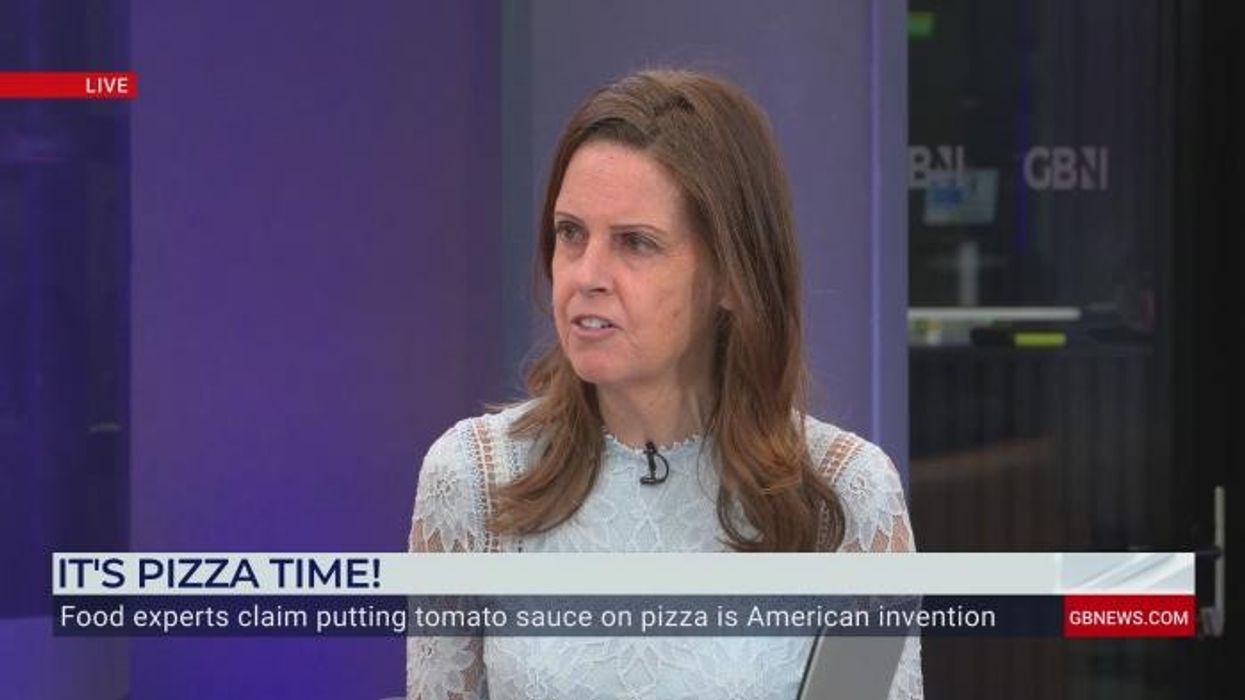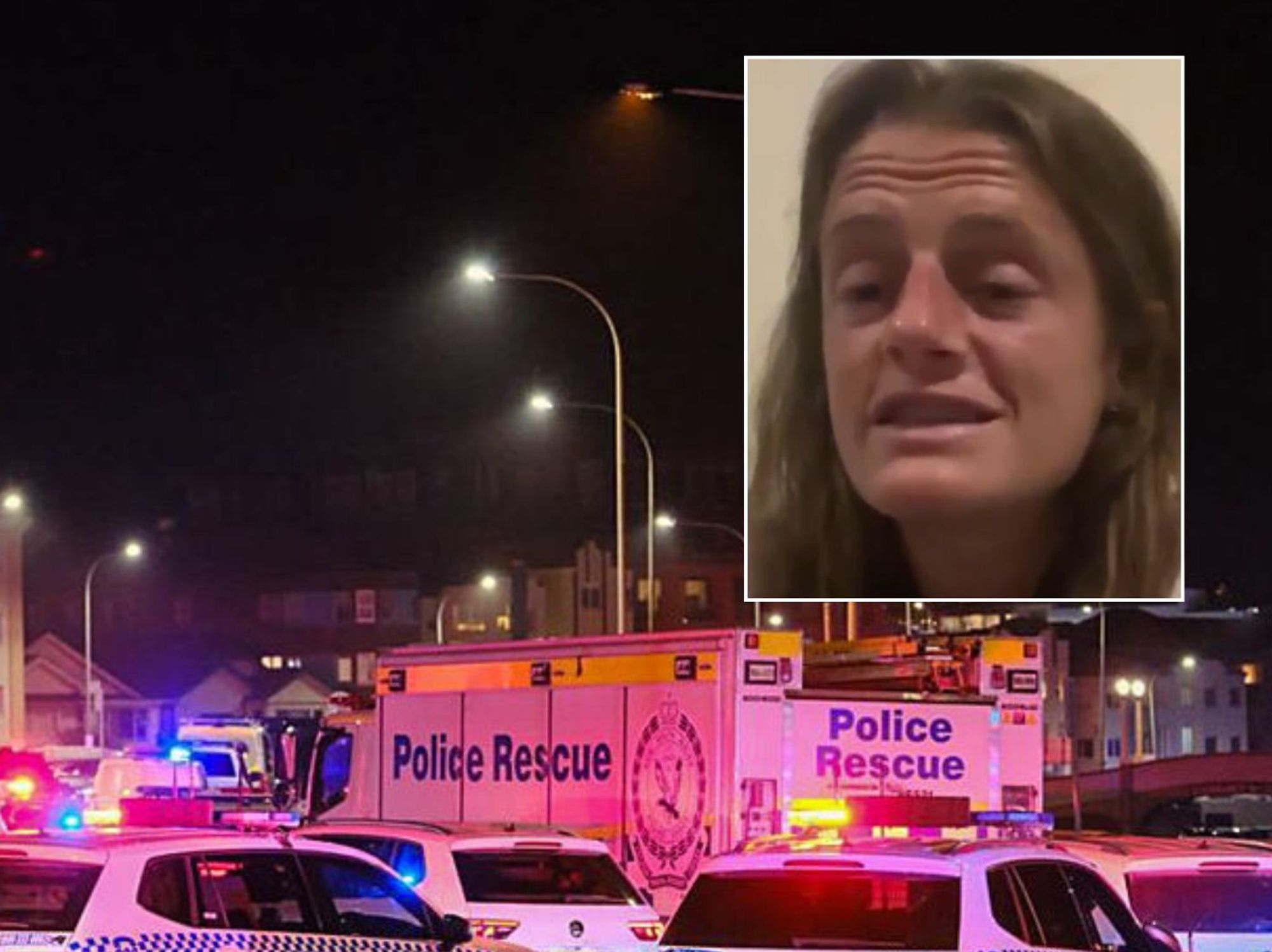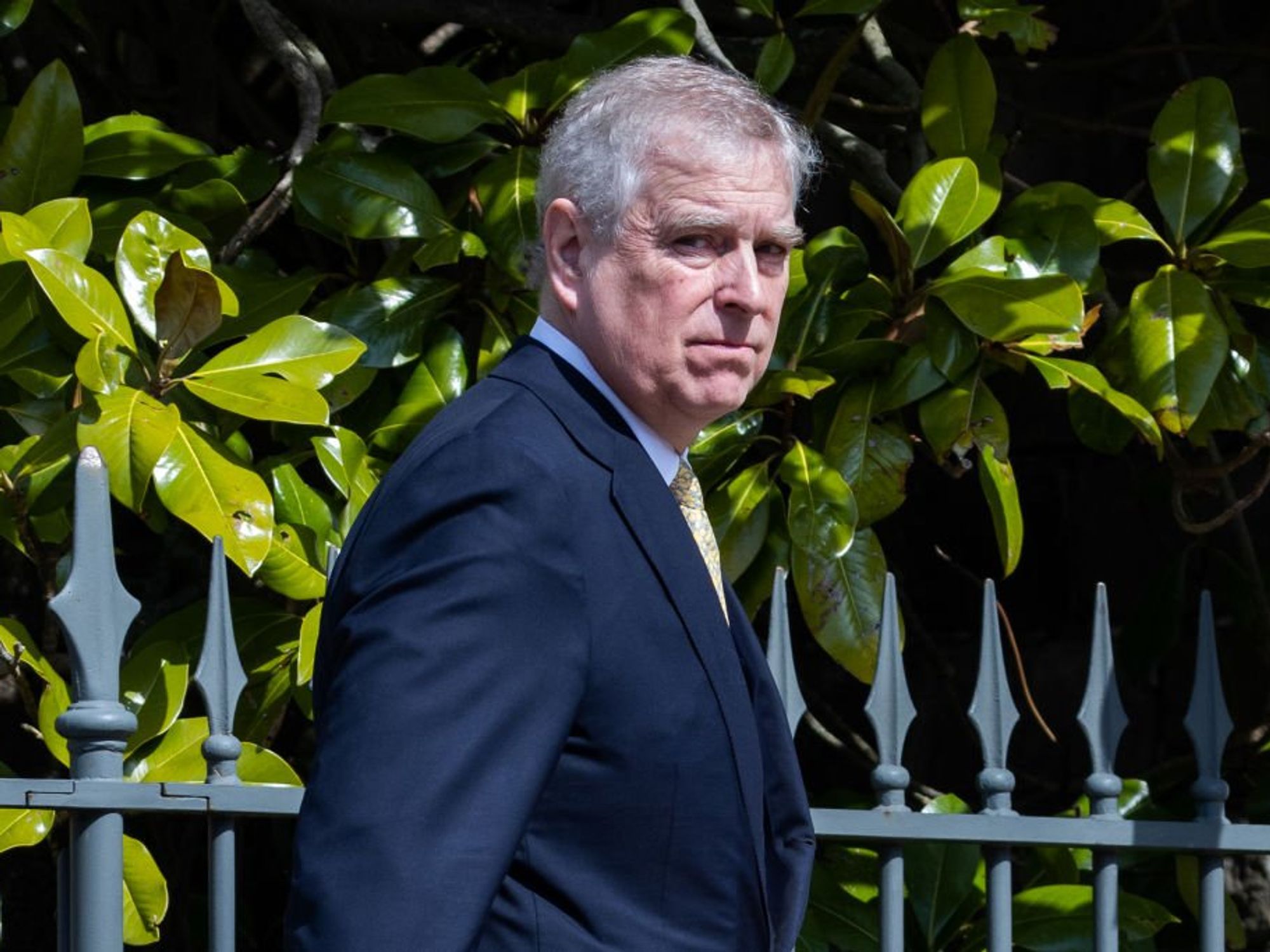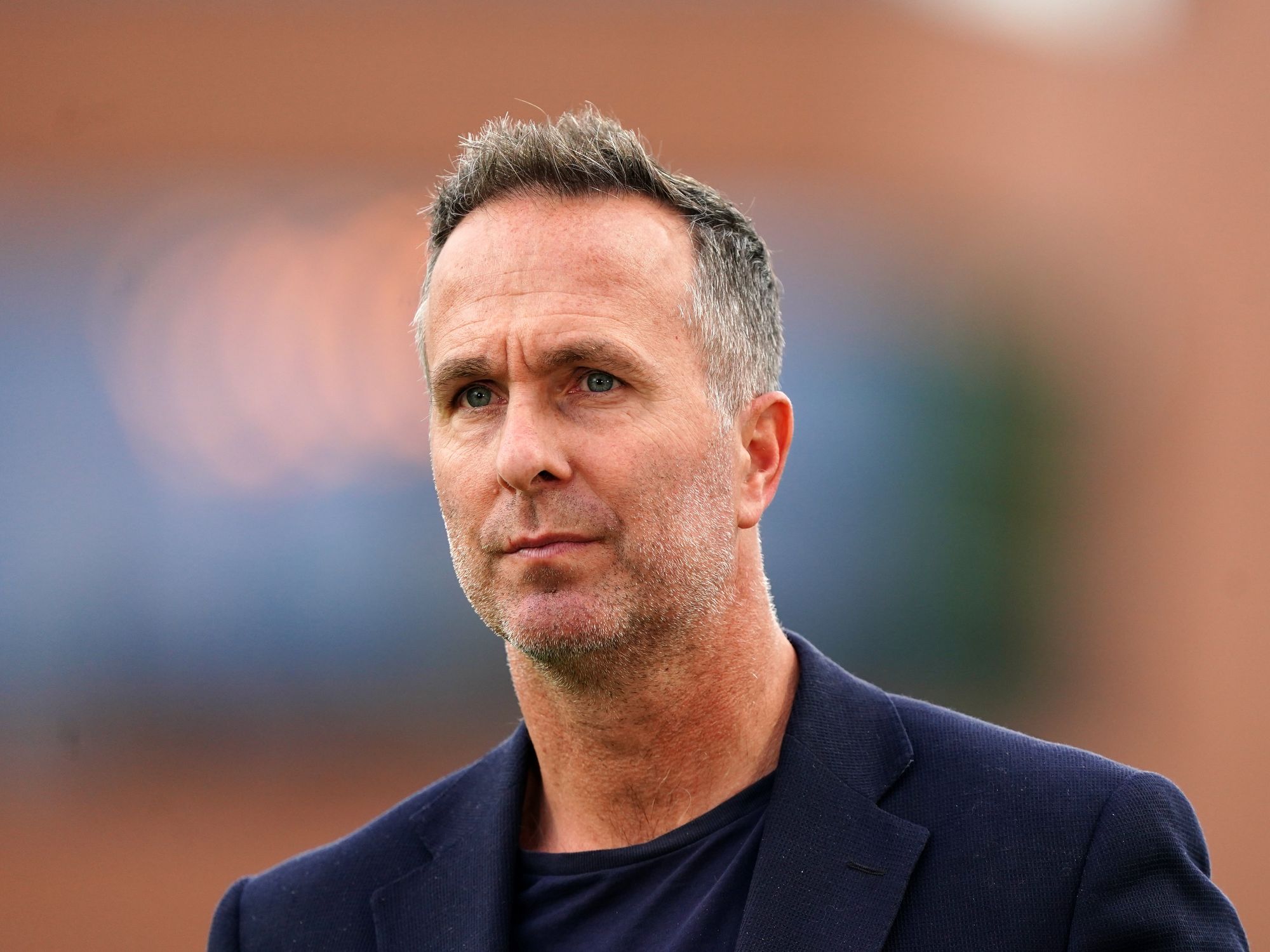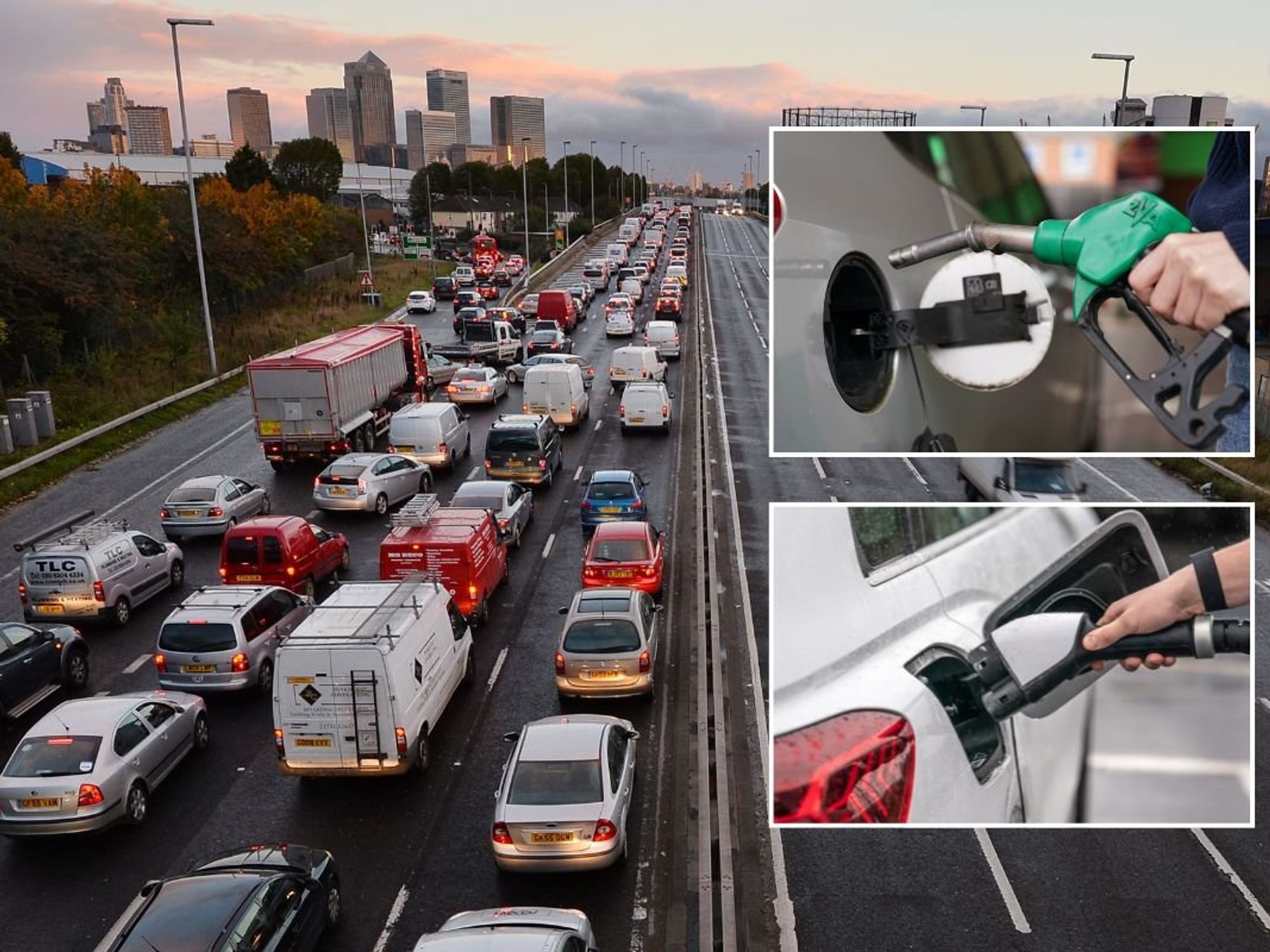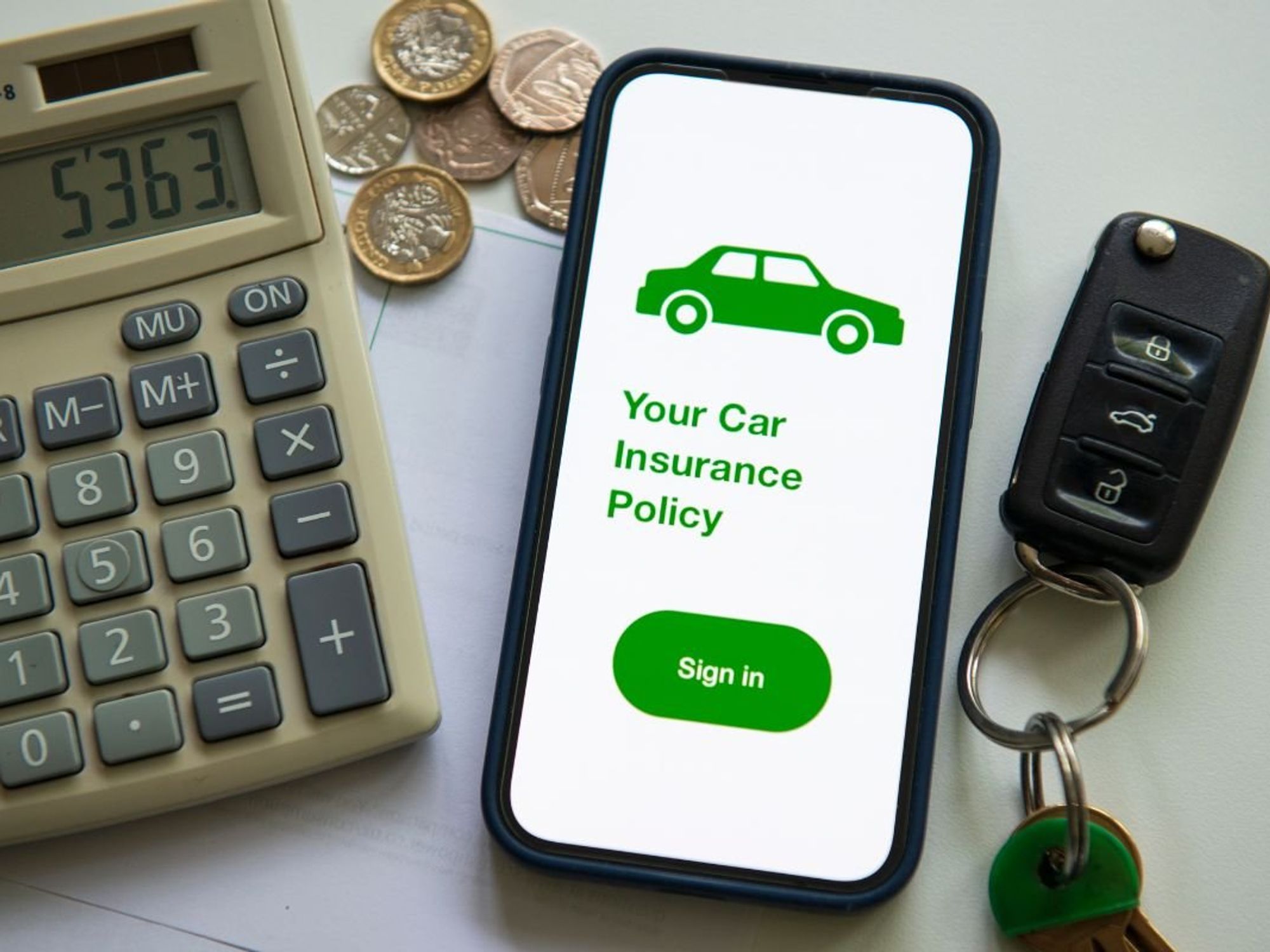Car insurance scam warning as alarming number of people tricked by 'ghost brokers'
Social media has become a key battleground for scammers, with many young drivers turning to the platforms to find insurance deals
Don't Miss
Most Read
Almost a third of young drivers have fallen victim to fraudulent car insurance scams on social media, according to alarming new data from Aviva.
The Norwich-based insurance company revealed that 30 per cent of drivers aged 17 to 25 have been duped by "ghost brokers" selling fake or invalid insurance policies.
The scammers specifically target young motorists who struggle to find affordable insurance coverage.
These fraudsters pose as legitimate insurance companies, advertising heavily discounted policies through social media platforms.
The scam, known as "ghost broking," involves selling fake or invalid insurance to vulnerable young drivers.
Social media has become a key battleground for these scammers, with many young drivers turning to these platforms to find insurance deals.
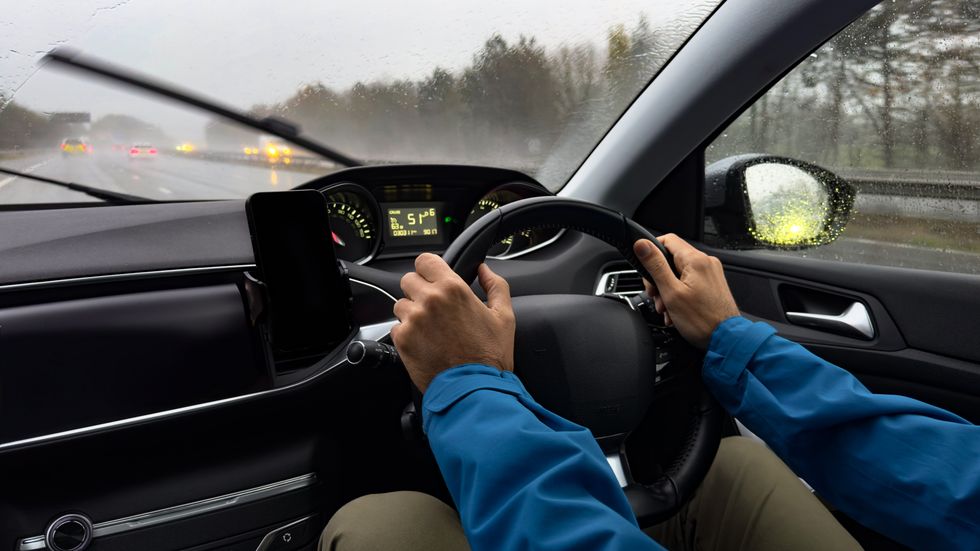
The scammers specifically target young motorists who struggle to find affordable insurance coverage
|GETTY
The fraudulent policies leave victims effectively uninsured, despite believing they have legitimate coverage.
The consequences for victims of these scams are severe, with 89 per cent of young drivers who purchased insurance through social media experiencing serious problems.
One in six victims (17 per cent) were stopped by police for driving without valid insurance.
These encounters with law enforcement highlight the real-world implications of falling for fraudulent insurance schemes.
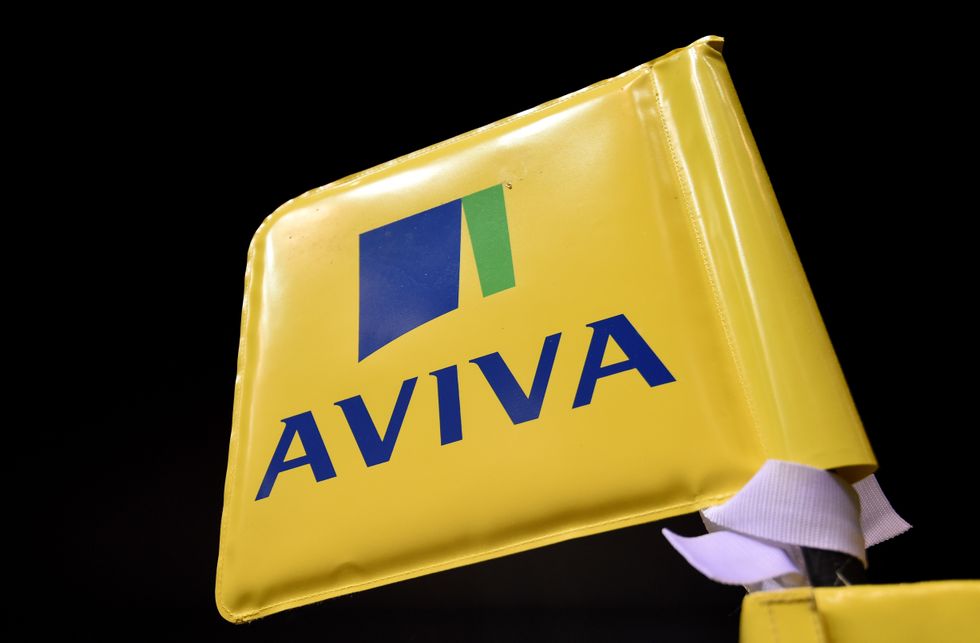
Aviva warned that young drivers aged 17-25 are particularly vulnerable as the first generation to grow up with social media
| PAThe scale of the problem underscores the risks young drivers face when seeking insurance deals through social media platforms.
Katriona Cunningham, policy application fraud lead at Aviva, warned that young drivers aged 17-25 are particularly vulnerable as the first generation to grow up with social media.
"Ghost brokers are actively targeting young drivers on social media platforms, offering cheap-but-worthless car insurance that puts the young driver at risk of being uninsured," she said.
She advised: "If a deal looks too good to be true, it probably is. If you engage with someone offering cheap insurance on a social media site, they are probably fraudsters."
Aviva's efforts to combat ghost broking have led to significant interventions in fraudulent insurance activities.
The insurer has stopped or removed nearly 17,000 policies this year due to application fraud, including ghost broking schemes.
Additionally, Aviva has identified almost 7,000 cases linked to ongoing ghost broking and application fraud investigations.
The company urges victims to report suspected ghost brokers to the Insurance Fraud Bureau or Action Fraud to prevent others from falling victim to similar scams.


